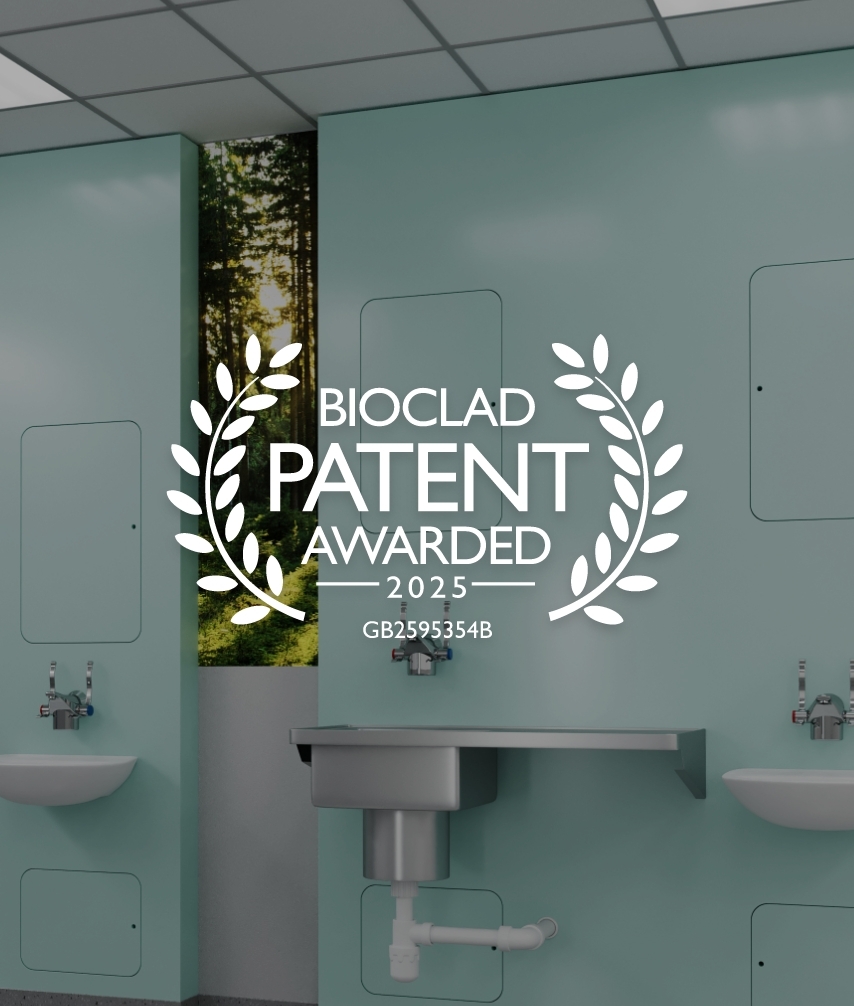The study took place in a UK Primary school classroom, equipped with a range of products protected with BioCote antimicrobial technology: from BioClad’s PVC wall panels to electric light switches, soap dispensers, door handles, carpets and a number of other surfaces that primary school children will regularly come into contact with during their active school day. The aim was to create a classroom that actively inhibits the growth of potentially harmful microbes, therefore creating a safer, more hygienic learning environment.
Government guidelines recommend schools prevent the spread of infections by maintaining a clean environment. BioCote treated products work effectively with standard cleaning practices, making for an even higher level of cleanliness.

The level of bacteria on each of the items was measured over a period of time. Data was simultaneously collected from comparable but untreated items in another classroom. Comparison of the levels of bacteria in these two classrooms revealed a dramatic difference.
Initial findings were impressive; the antimicrobial products in the protected classroom were shown to be over 95.68% less contaminated with bacteria than the corresponding items in the unprotected classroom.
Technical Director and microbiologist at BioCote Dr Richard Hastings said: “We are very proud to be part of the world’s first ‘antimicrobial classroom’. We were keen to undertake the study in a school environment due to the close-contact nature of children in the school classroom – providing the perfect setting for potentially harmful bacteria to spread. We are happy to announce huge bacterial reductions on BioCote treated products, affirming our aim of a cleaner classroom for young children.”
Lindsay McKenzie, Managing Director at BioClad is delighted that the study will continue throughout the academic year so that further data can be be collected. “While we have supplied BioClad into numerous educational establishments, this is the first time that we have taken part in a study to prove the antimicrobial integrity of BioClad in a primary school classroom, and we are grateful to our partners in the BioCote team for involving us in this important process”.
The study will continue throughout the academic year and further data will be collected. The BioCote team are keen to understand if levels of contamination vary due to seasonality, the identity of microbes recovered and what potential antimicrobial technology has for reducing absenteeism due to sickness.
Order Free Samples
Order Free Samples

We are thrilled to announce that as of 2nd April 2025, Bioclad has been officially granted a patent for our “Integrated Plumbing System Apparatus and Method of Manufacture.”
Read More